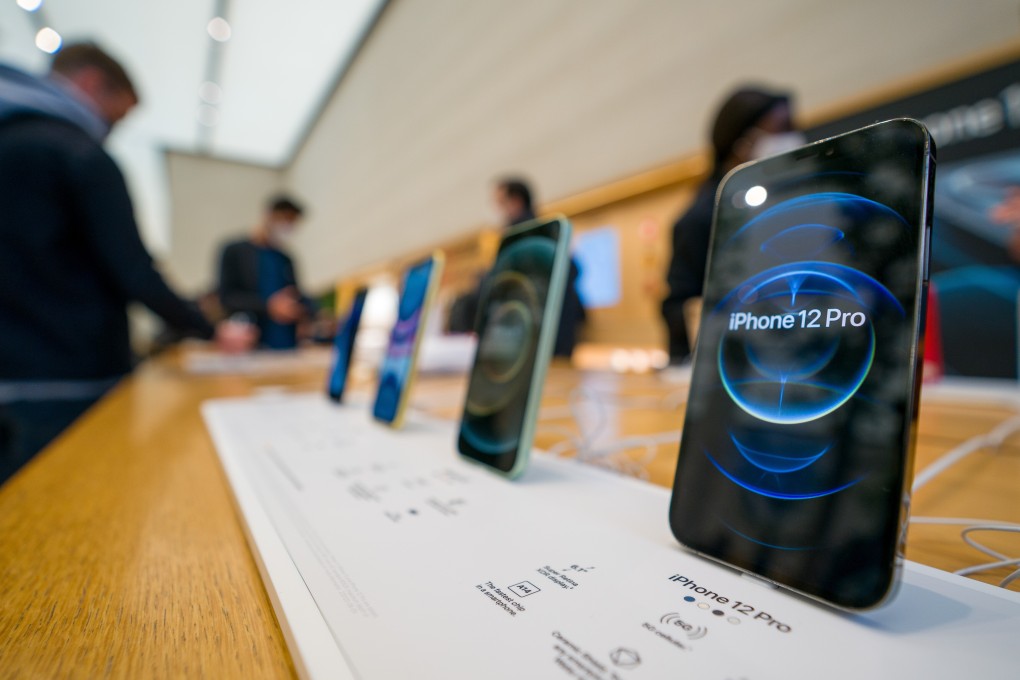Apple supplier Murata expects half billion 5G smartphones in new year, as brands rush to replace Huawei
- Murata Manufacturing, the world’s biggest maker of ceramic capacitors, says major smartphone brands are rushing to grab supply capacity once taken by Huawei
- Apple, Samsung Electronics and Chinese rivals Xiaomi, Oppo and Vivo are among the brands vying to secure components for their devices

Apple, Samsung Electronics and Chinese rivals Xiaomi, Oppo and Vivo are vying to secure components for their devices, hoping to fill a void as Huawei’s mobile business shrinks under the weight of US sanctions. President Norio Nakajima said in a December interview that Murata’s factories will not be taking a holiday break as they work to catch up with mounting orders, adding “the situation is most severe with our cutting-edge capacitors for smartphone use.”
“These handset makers are competing to grab our supply capacity once taken by Huawei, and I am not sure how much of it is backed up by their actual production forecast,” Nakajima said. “I feel like the move is overheated, and thus expect their orders would drop in February and March.”
Murata is the global leader in MLCC, or multilayer ceramic capacitors, used to regulate electric flow in circuit boards. Hundreds, sometimes thousands of them are attached to electronics ranging from smartphones to automobiles.
“The industry had 300 million units of 5G smartphones during the current financial year, and I expect that to increase to at least 500 million in the next financial year,” the president of the Kyoto-based company said. “We will continue making capital expenditure to keep up with the growing demand.”
Analysts deem the Murata chief’s stance too conservative. Ace Research Institute’s Hideki Yasuda does not expect demand from Apple and its ilk to drop at any point in this calendar year, fuelled by stronger-than-anticipated consumer appetite for 5G phones. Handsets set to be released this year are also going to be compatible with a wider set of frequencies, expanding the need for Murata-made components to adjust electricity flow.